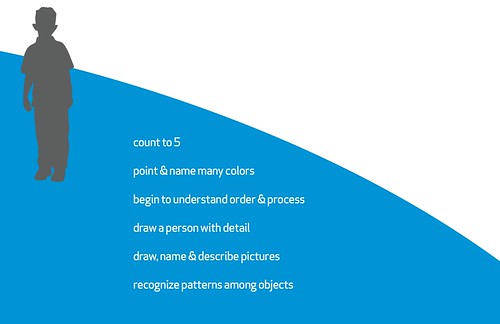Progressive Play is the first phase of our senior capstone project. It challenges the current application of fundamental skills in the digital age. Today, forced visual stimulation is hindering children’s development of creativity, imagination and collaboration at an early age. Play transpires through all aspects of a child’s lives, connecting play and informal education will build upon early fundamental skills. The topic of visual education in the digital age looks to find design strategies that can inform a system for educational play. Play is important to creativity, creativity is important to education, and education is important to design.
Education systems such as Waldorf schools and the Montessori method are from the turn of the century, but are still very applicable to how educational systems could be structured today. Most notably, Friedrich Froebel’s invention of Kindergarten emphasized free self‐activity, creativity, social participation and motor expression. Some schools, such as the d.school in Stanford, California are already doing this. They use design thinking to inspire, foster collaboration, and tackle big projects. They even have a class called From Play to Innovation in which the focus is on enhancing the innovation process with playfulness. It investigates the human state of play and how important it is to creative thinking.
So, where is the fun after pre-school?
Interlude is a system within Progressive Play that focuses on the integration of play into the lives of adults as they go about their average workday. It is a series of design interventions that actively engages users in an environment that provides them with an outlet to connect play with informal education. Users will have an opportunity to spontaneously play, create, collaborate, inspire and innovate. The ultimate goal of Interlude is to encourage lightness in lifestyle.



